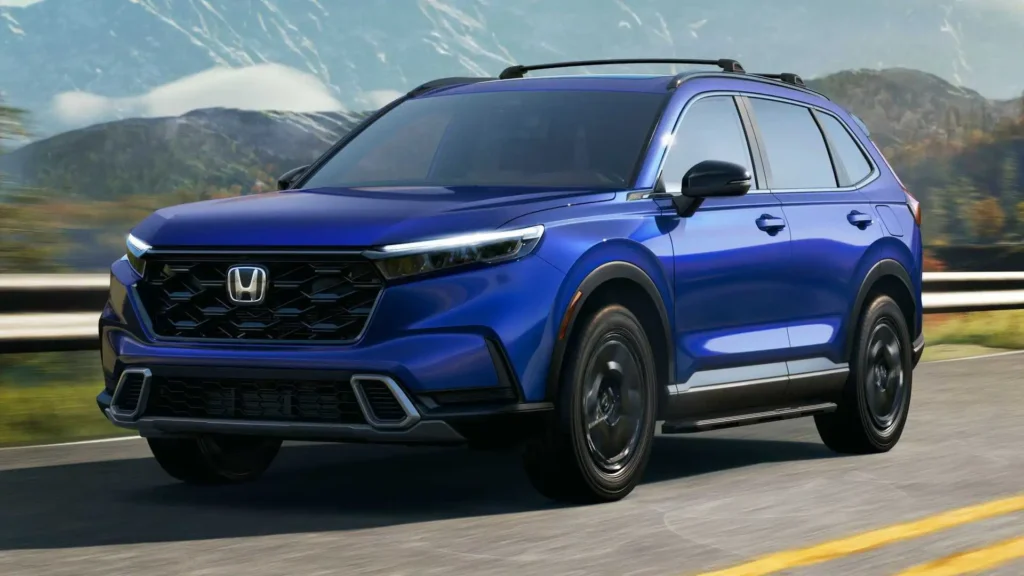For those ready to ditch gas for good, the race for cleaner transportation is heating up. While battery-electric vehicles (BEVs) are currently dominating the headlines, hydrogen fuel-cell cars (FCEVs) are quietly revving their engines for the next lap. Honda, a major player in both fuel efficiency and electrification, believes FCEVs will be the “next phase” after BEVs.
But what makes Honda so bullish on hydrogen?
- Longer Drive, Faster Refuel: Forget range anxiety! FCEVs boast longer ranges and refueling times in just 3-5 minutes, similar to gasoline cars. Perfect for those epic road trips!
- Zero Emissions at the Wheel: Like BEVs, FCEVs emit no harmful tailpipe emissions, contributing to cleaner air and a healthier planet.
- Future-Proof Scalability: Hydrogen can be produced from renewable sources like solar, wind, and geothermal power, making FCEVs a potentially sustainable solution for larger vehicles like trucks and buses.
However, FCEVs still face some hurdles they need to jump over:
- Sticker Shock: Currently, FCEVs are pricier than BEVs due to the cost of fuel cell technology and the still-developing hydrogen infrastructure.
- Finding Fuel: The network of hydrogen refueling stations is limited compared to the growing network of BEV charging stations. This can be a challenge, especially for longer journeys.
- Green Hydrogen, Please: While hydrogen can be renewable, a significant portion currently relies on fossil fuels, negating the environmental benefits. This is an area where significant progress is needed.
Despite these challenges, Honda is doubling down on FCEVs. A new fuel-cell CR-V SUV is hitting the road in 2024, and a more affordable FCEV model is expected later this decade.
Honda sees FCEVs shining brighter in commercial vehicles first. “The technology will mature and come down in cost,” says Inoue, paving the way for passenger cars later. This could be a strategic move to accelerate infrastructure development and cost reduction.
So, will FCEVs be the next big thing after BEVs?
The jury is still out. Technological advancements, cost reductions, and infrastructure development will play a major role in their future. Government policies that support FCEVs could also be a significant factor.
One thing’s for sure: the competition between BEVs and FCEVs is good news for us. More electric vehicle options on the road mean a cleaner future for all.
Want to learn more about the exciting future of transportation? Check out these key points:
- Government policies & support for FCEVs
- Hydrogen’s potential beyond transportation (e.g., heating and power generation)
- New tech like solid-state batteries & their impact on both BEVs and FCEVs
The electric vehicle race is on, and hydrogen fuel-cell cars are contenders with serious potential. Buckle up, the future of transportation is about to get exciting!

